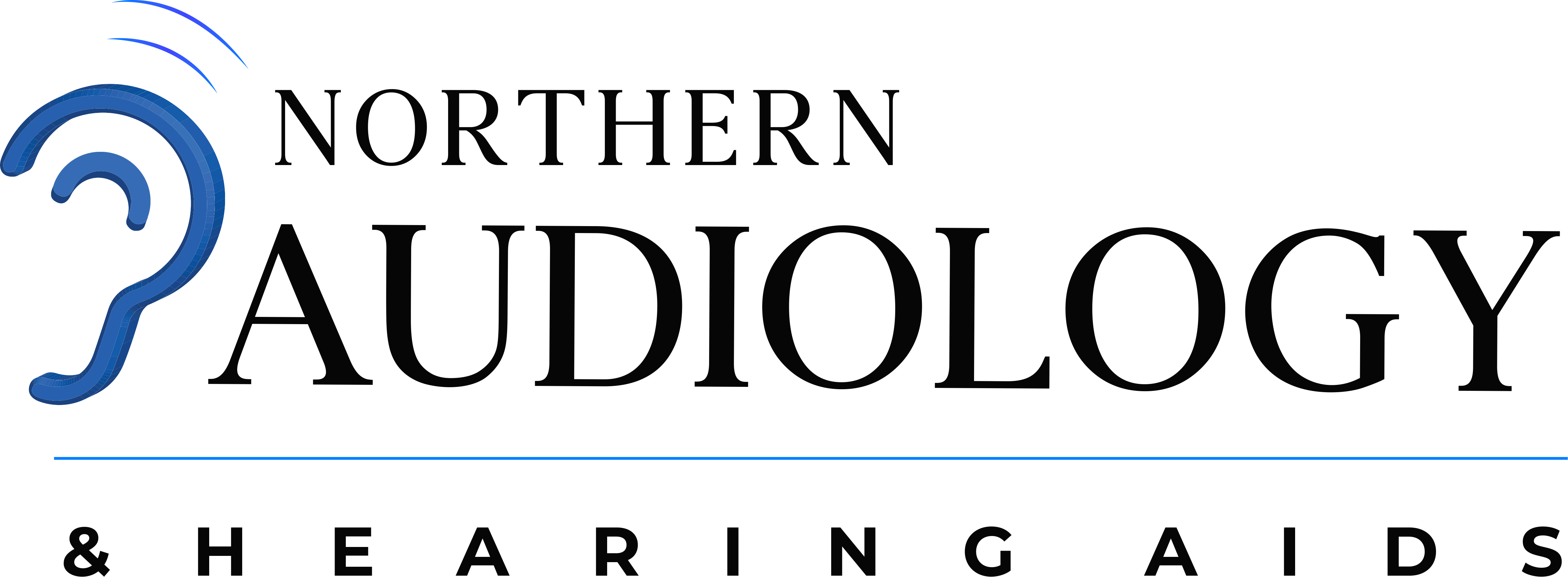About Hearing Loss
Did you know? Hearing is the first sense to develop in the womb.
Causes of Hearing Loss
Hearing loss occurs when one or more parts of the ear and/or the parts of the brain that make up the hearing pathway do not function normally. The causes of hearing loss come in many forms and can have multiple causes with each individual having a unique type of hearing loss.
The impact on the ability to hear sounds, known as audiometric hearing loss can range from being mild to profound. Hearing loss can be a condition that exists at birth or develops later in life, may occur suddenly or gradually over many years.
The extent of an individual’s hearing loss can also differ depending on the pitch (frequency) of the sounds being heard. Individuals can also have different hearing losses in each ear.
Causes of Hearing Loss
It’s important to know if you have a hearing loss, as it can reduce your ability to learn, listen, and talk with family, friends and workmates.
There are many causes of hearing loss can occur, some of the more common reasons why are listed below:
*The natural aging process (permanent sensorineural hearing loss).
*A genetic predisposition that can start at birth or later on in life.
*Middle-ear infections.
*Exposure to damaging noise.
*Head injuries & operation traumas.
*Exposure to certain chemicals and medications that damage hearing cells in the cochlea (permanent sensorineural hearing loss).
*Use of certain medications that can damage the ears.
*Exposure to damaging noise (work noise, leisure noise) resulting in a ‘noise injury’ to the cochlea.
*A head injury, trauma or operation (temporary or permanent conductive, sensorineural or mixed hearing loss).
*Your brain having difficulty in understanding what your ears hear such as an Auditory Processing Disorder.
*A combination of the above. For example, if you acquire a hearing loss due to exposure to harmful noise, this will be added to the hearing loss that develops as you get old.
Symptoms of hearing loss may include:
*Muffling of speech and other sounds.
*Difficulty understanding words, especially against background noise or in a crowd of people.
*Trouble hearing consonants.
*Frequently asking others to speak more slowly, clearly and loudly.
*Needing to turn up the volume of the television or radio.
*Withdrawal from conversations.
*Avoidance of some social settings.
Avoid loud noises
The best way to avoid noise-induced hearing loss is to keep away from loud noise as much as you can.
Generally, a noise is probably loud enough to damage your hearing if:
• You have to raise your voice to talk to other people.
• You can't hear what people nearby are saying.
• It hurts your ears.
• You have ringing in your ears or muffled hearing afterwards.
Noise levels are measured in decibels (dB): The higher the number, the louder the noise. Any sound over 85dB can be harmful, especially if you're exposed to it for a long time.
To get an idea of how loud this is:
• Whispering – 30dB.
• Conversation – 60dB.
• Busy traffic – 70 to 85dB.
• Motorbike – 90dB.
• Listening to music on full volume through headphones – 100 to 110dB.
• Plane taking off – 120dB.
Prevent Hearing Loss
Take care when listening to music
Listening to loud music through earphones and headphones is one of the biggest dangers to your hearing.
To help avoid damaging your hearing:
• Use noise-cancelling earphones or headphones – don't just turn the volume up to cover up outside noise.
• Turn the volume up just enough so you can hear your music comfortably, but no higher.
• Don't listen to music at more than 60% of the maximum volume – some devices have settings you can use to limit the volume automatically.
• Don't use earphones or headphones for more than an hour at a time – take a break for at least 5 minutes every hour.
Even just turning down the volume a little bit can make a big difference to your risk of hearing damage.
Protect your hearing during loud events and activities
To protect your hearing during loud activities and events (such as at nightclubs, gigs or sports events):
• Move away from sources of loud noises (such as loudspeakers.
• Try to take a break from the noise every 15 minutes.
• Give your hearing about 18 hours to recover after exposure to lots of loud noise.
• Consider wearing earplugs – you can buy re-usable musicians' earplugs that reduce the volume of music but don't muffle it.
Take precautions at work
If you're exposed to loud noises through your work, speak to your human resources (HR) department or manager.
Your employer is obliged to make changes to reduce your exposure to loud noise – for example, by:
• Switching to quieter equipment if possible.
• Making sure you're not exposed to loud noise for long periods.
• Providing hearing protection, such as ear muffs or earplugs.
Make sure you wear any hearing protection you're given.

